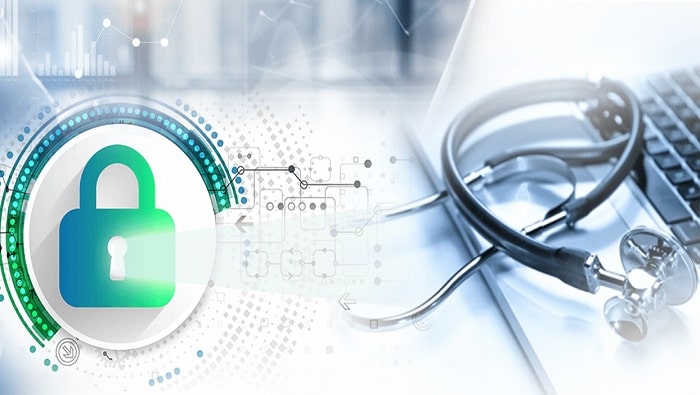The healthcare industry’s increasing reliance on digital technologies and interconnected medical devices has created a perfect storm for cyberattacks, according to a new report from GlobalData.
As healthcare organizations become more digitized, the potential for data breaches and system disruptions grows exponentially. The report, “Cybersecurity in Healthcare – Thematic Intelligence,” reveals a surge in cybersecurity spending within the medical device sector, projected to climb from $631.2 million to $1.2 billion between 2022 and 2027.
“The healthcare industry is a prime target for cybercriminals due to the sensitive nature of patient data and the complex network of connected devices. Legacy systems with outdated security protocols, combined with the integration of personal devices into health networks, create significant vulnerabilities,” said Ashley Clarke, Senior Medical Analyst at GlobalData.
The alarming rise in data breaches within the healthcare sector underscores the urgent need for robust cybersecurity measures. The US Department of Health and Human Services reported a doubling of affected individuals from 2022 to 2023, with a further 15% increase in the first half of 2024 alone.
The growing trend of interconnected medical devices often called the Internet of Things (IoT), exacerbates the problem. GlobalData predicts that 68% of medical devices will be network-connected by 2025, expanding the attack surface for cybercriminals.
A recent incident involving a faulty software update from CrowdStrike highlighted the catastrophic consequences of such breaches. The widespread IT crashes across healthcare facilities disrupted patient treatments, hindered access to electronic health records, and paralyzed critical systems.
Clarke concluded, “The interconnected nature of modern healthcare systems creates a domino effect, where a single point of failure can lead to widespread disruption. Healthcare organizations must prioritize cybersecurity investments to protect patient data, maintain uninterrupted care, and mitigate cyberattack risks.”


